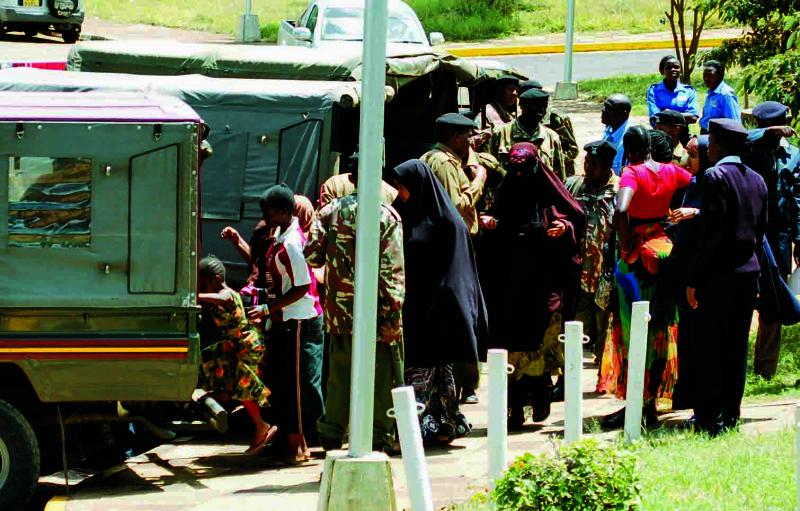×
The Standard e-Paper
Home To Bold Columnists

The reaction was equal, opposite and fast. The lights of a police Land Cruiser shone through the darkness and illuminated a place two groups of men were almost starting a fight.
It was about 4.30am on a Sunday and the sky was starting to turn orange, signifying another end of an exhilarating night life around the Nyama Villa area of Kayole. The noise from over a dozen clubs that dot the area had subsided and most working girls had already left, creating a spike in demand.